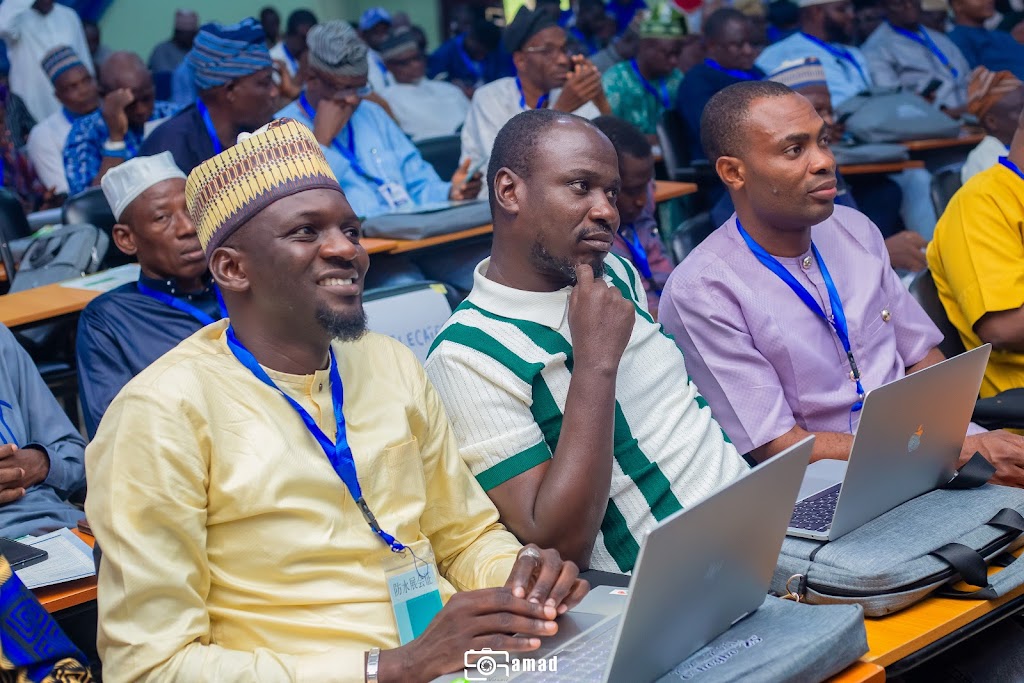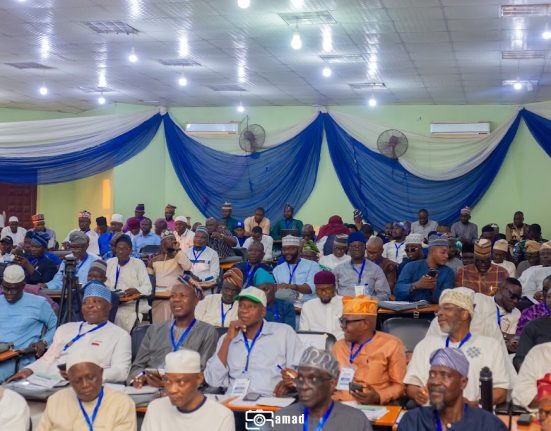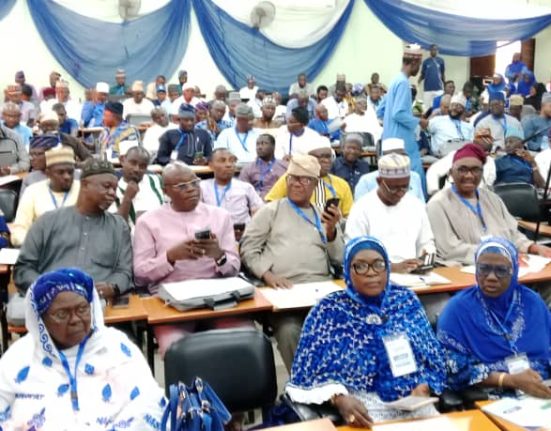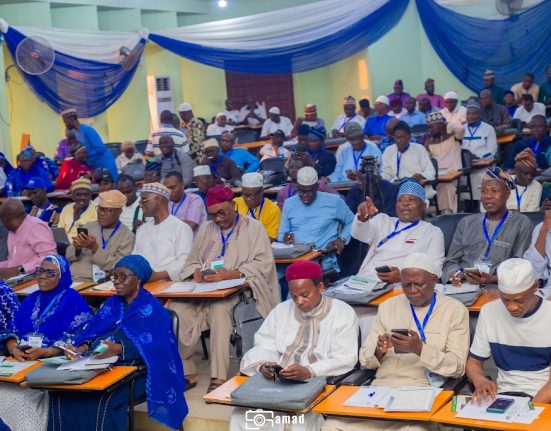By Sulaimon Olanrewaju
The youth wing of the Nasrul-Lahi-L-Fatih Society of Nigeria (NASFAT) has declared its readiness to assume greater responsibility in the organisation’s leadership, underscoring the importance of succession planning within the Islamic faith-based society.
Speaking at a strategic retreat held at Fountain University, Osogbo, the National Amir of NASFAT Youth, Brother Tajudeen Olasupo, said the youth are well-prepared to contribute meaningfully to the society’s administration as its elders explore new approaches to governance and programme delivery.
Olasupo highlighted the numerous youth-led initiatives organised throughout the year, noting that the wing has consistently demonstrated its ability to engage young members of the society and respond effectively to emerging challenges.
“Our programmes have been designed to ensure youth remain actively engaged, not just in NASFAT activities, but also in propagating Islam in ways that resonate with today’s generation,” he said.
The retreat included a special panel session where youth representatives, including Sister Kafayat Sanusi, Sister Shakirat Oyewande, Brother Kazeem Adedeji Abdul Rauf, and Brother Abdul Hafees Aromire, shared their experiences and aspirations within the society. Their reflections, which centred on the need for modern and inclusive methods of Islamic propagation, were described by participants as thought-provoking and impactful.
The panelists called for a “new dawn” in NASFAT, stressing that embracing contemporary approaches to Islamic outreach would not only strengthen the society’s relevance but also attract more young people.
Their contributions significantly shaped the discussions at the retreat, with senior members of the society commending the youth for their honesty and vision. Elders also pledged greater moral and financial support to help the youth realise their aspirations.
Observers say the exchange between the youth and elders signals a potential shift in NASFAT’s long-term governance structure, as the society works to balance continuity with innovation. For the youth wing, the Amir’s speech is seen as both an affirmation of their growing influence and a call to prepare for future leadership within the organisation.







